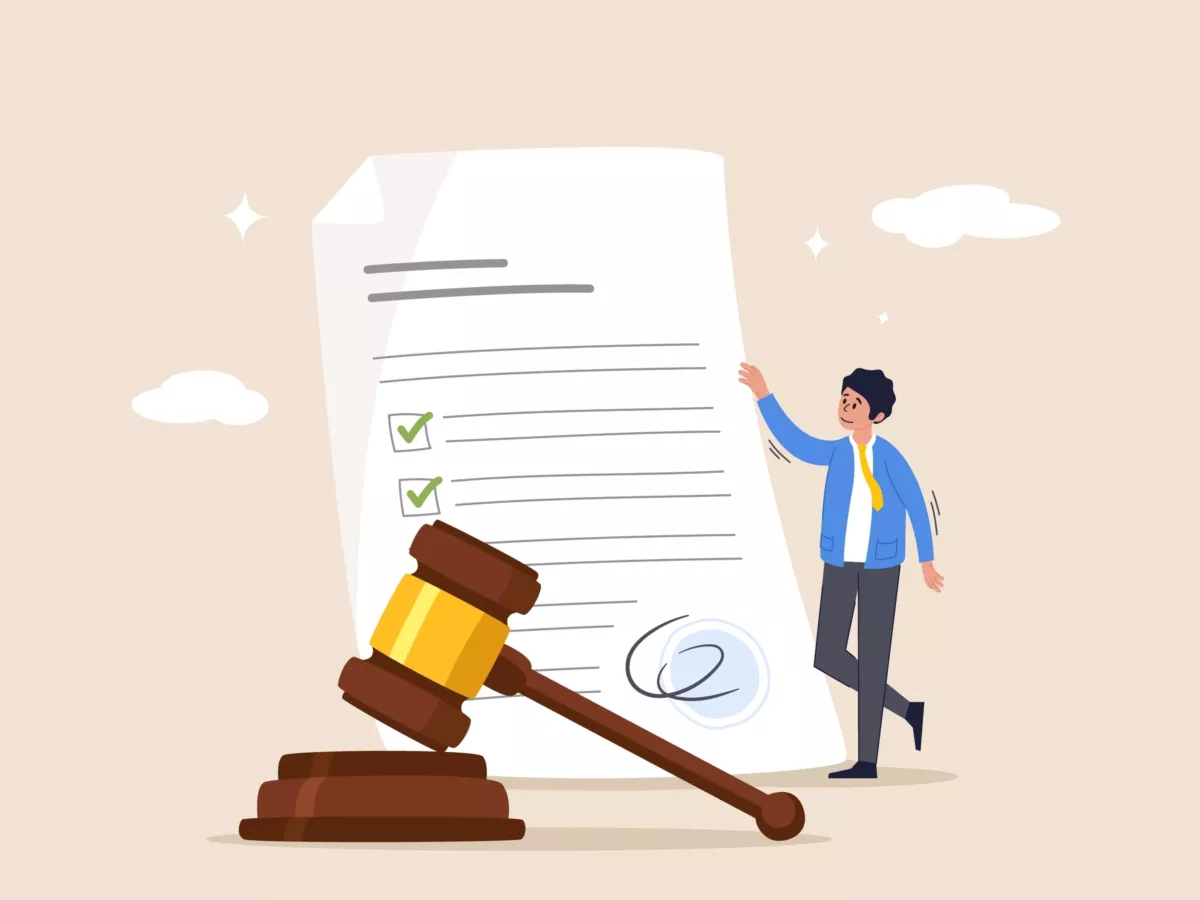As life becomes more globally interconnected, many UK residents may find themselves owning assets or spending significant time abroad. If you’re one of these individuals, you might be wondering if your UK Power of Attorney (POA) remains valid outside the country. Let’s delve into this important topic and explore if you can use your Power of Attorney abroad.
Understanding Power of Attorney
A Power of Attorney is a legal document that allows you (the donor) to appoint someone you trust (the attorney) to make decisions on your behalf. These decisions can cover your finances, property, or health and welfare.
In the UK, we have two main types:
- Lasting Power of Attorney (LPA): this continues even if you lose mental capacity; and
- Ordinary Power of Attorney (OPA): this usually ends if you become unable to make decisions yourself.
The Hague Convention and International Recognition
The UK is not a signatory to the Hague Convention on the International Protection of Adults (2000), which establishes international rules for recognising POAs. However, this doesn’t mean your UK POA is automatically invalid overseas. Many countries will still recognise a UK LPA or OPA, but the process and requirements can vary.
Factors Affecting Recognition
Several factors influence whether a foreign country will accept your UK POA:
- The country’s laws: each country has its own legal framework for POAs. Some might readily accept a UK document, while others might require additional steps or have stricter conditions;
- Type of POA: an LPA, designed to endure even when you lose mental capacity, is generally more likely to be recognised than an OPA, which often ceases if you become incapacitated;
- Notarisation and apostille: in most cases, you’ll need to get a certified copy of your POA, have it signed by a notary public, and then obtain an apostille. This is a certificate issued by the UK Foreign, Commonwealth and Development Office (FCDO) that confirms the authenticity of the document for international use; and
- Translation: if the country where you’ll be using the POA doesn’t have English as an official language, you might need a certified translation.
Using Your Power of Attorney in Specific Countries
Here are some examples of how different countries approach UK POAs:
- EU Countries: many EU countries will generally recognise a UK LPA, but you’ll likely need to follow the notarisation and apostille process, and potentially obtain a translation;
- USA: the US has its own POA system, but some states might accept a UK LPA if it meets certain criteria and is properly legalised; and
- Australia: Australia has a relatively straightforward process for recognising overseas POAs, but you’ll still need to have your UK document properly certified and possibly translated.
Best Practices for Using Your Power of Attorney Abroad
To ensure your UK POA is effective abroad, consider these tips:
- Research: investigate the specific requirements of the country where you’ll be using the POA well in advance;
- Consult a legal professional: seek advice from a solicitor specialising in cross-border legal matters. They can guide you through the necessary steps and ensure your documents comply with local regulations;
- Prepare early: don’t leave this until the last minute. The notarisation, apostille, and translation process can take time; and
- Inform relevant parties: If your POA will be used for financial transactions, inform your bank or financial institutions about your plans and provide them with certified copies of your documents.
If you require further assistance, please submit an enquiry message at the bottom of this page.

